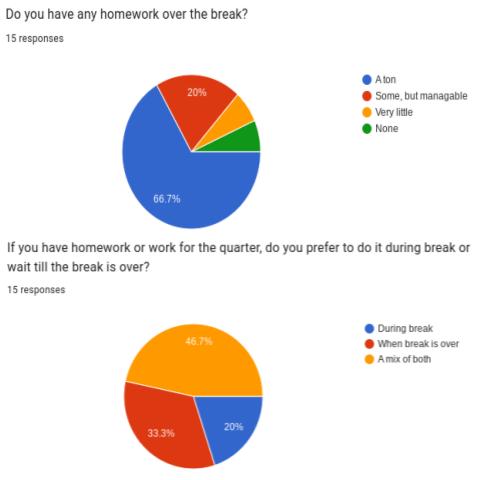The first ever printed newspaper was released in Germany, 1605, according to an article released by Britannica. A new form of writing formed, newspaper journalism, both entertaining and informative at the same time. As the centuries progressed, the famously unregulated newspaper and As the centuries progressed, newspapers went from being unregulated sources of gossip to reliable sources of information with ethics codes and eventually the most popular source of information prior to the internet. However, the once common news source has been replaced by X(formerly Twitter) and other untrustworthy media outlets, such as authors who lack credentials on a specific topic or clickbait-like news that consists of incorrect information.. People who actually tune into the 6pm news tend to be scarce, and many turn to Snapchat for their pop culture scandals. As the modern era of social media and short attention spans rise, news media and journalism outlets are decreasing in consumption.
Established in 1754 by Griffith Knight, the Yorkshire Post was one of the first daily-newspapers (Britannica). The first publication of the Post was a collective of informational pieces regarding local events. Newspapers were a quick way to spread information and communicate a wide variety of events. However, journalists began to lie and write facts with bias, which in turn lead to the general public not relying on journalists for their credible information as it was more gossip rather than news.
The Yorkshire Post is a testament to the historical significance of daily-news publications. Initially serving as conduits for local events and town gossip, newspapers faced challenges as biased reporting and sensationalism fractured public trust. In response, the Society of Professional Journalists (SPJ) established ethical guidelines in 1926 to combat sensationalism that were known as Yellow Journalism. These ethics aimed to restore credibility, including principles like pride, honesty, value-based decision-making, independence, productiveness and fairness. Despite challenges, journalism evolved into diverse forms, including tabloids, citizen journalism, podcasts and more. Jess Kirby, a reporter for Loudoun Times-Mirror shared that she feels modern journalism is just as entertaining and informative compared to past journalism. “Journalism comes in so many forms now. In addition to print and broadcast, you also have multimedia journalism through podcasts, videos, social media and more. But I do think that traditional print journalism is still entertaining and informative,” Kirby said.
However, despite the apparent boom in news consumption, statistics from Pew Research paint a different picture. According to Pew Research’s News Consumption Across Social Media, the digital era introduces new ways to access information through text, audio, and visuals. The report indicates a decline in overall news media consumption across various social media platforms, challenging the notion that every news corporation is thriving.On average, 48% of American adults rely on social media for the news, leading to the overall average of a 16% decline each year in consumption of news media. News media has never seen such a dip in viewership, and journalists are arguing that social media may kill the industry. Coy Ferrel, the Regional Editor of Loudoun Times-Mirror, expressed that “social media companies have deemphasized news content in their algorithms, so it is definitely harder for objective news media to reach readers via social media now than it was a few years ago.”
The decline in journalism consumption serves as a critical point of reflection for the industry. Witnessing the evolution of journalistic ethics is important when addressing the changing dynamics of media consumption. The rich history of newspapers and their ethical evolution becomes a backdrop against which we analyze the current state of journalism. The field’s ability to adapt to new forms while maintaining its core principles will be instrumental in navigating the challenging terrain of modern media consumption.






